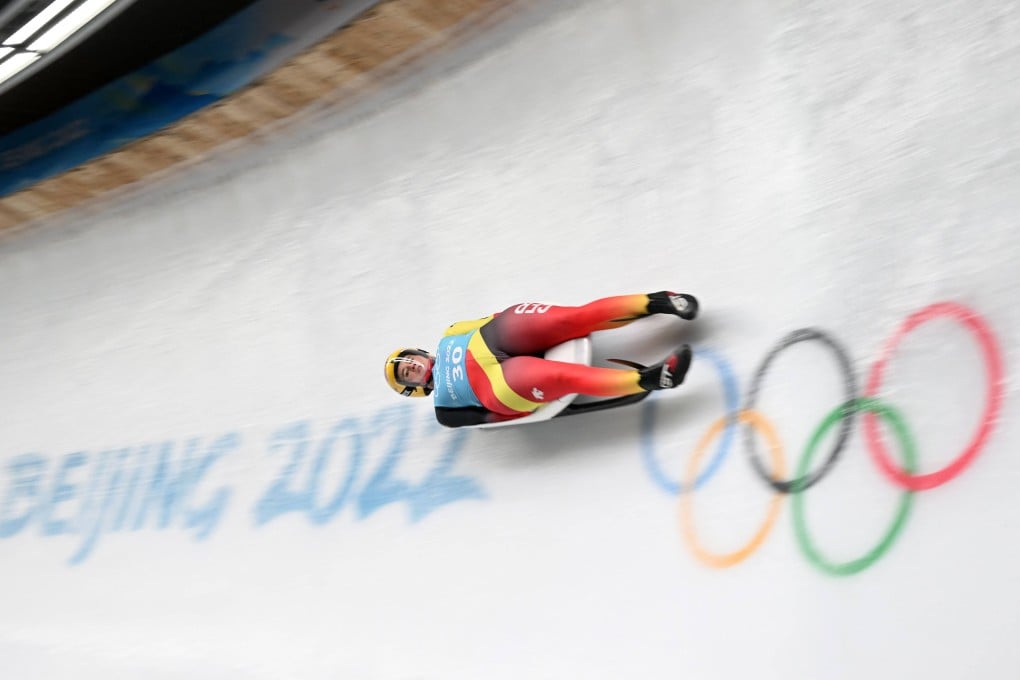Explainer | Winter Olympics: what is luge? Everything you need to know, from Beijing 2022 contenders to its 15th century origins
- Extreme version of sledding is set for the global spotlight again at the Beijing Winter Olympics
- Germany will look to continue their dominance in both the men’s and women’s events

It’s the sport where you lie down on a modified sledge and hurtle yourself across an icy slide at speeds of up to 145km an hour.
But as it gets set to reclaim the spotlight at the Beijing 2022 Winter Olympics, the Post is here to tell you everything you need to know about this extreme version of sledding.
What is luge?
Luge is a winter sport where competitors use a sledge in a supine position (lying on their back) and steer their way down a track through subtle leg and shoulder movements. The name luge comes from the French word meaning “sledge”, and it is one of three sliding sports on the programme at the Beijing 2022 Winter Olympics, along with skeleton and bobsleigh.
It was first included in the Winter Games in 1964, and the competition consists of four events: men’s and women’s singles, mixed doubles, and the team relay.
Athletes can reach hair-raising speeds of 145km, and laps are measured to a thousandth of a second. The 1,615-metre long track in Beijing includes a 360-degree turn, a first of its kind.

Who invented it?
Luging is a traditional winter sport in Austria and Germany dating back to the 15th century. The first organised luge race took place in 1883 in Davos, Switzerland, with competitors racing down a 4km road between Davos and the village of Klosters.